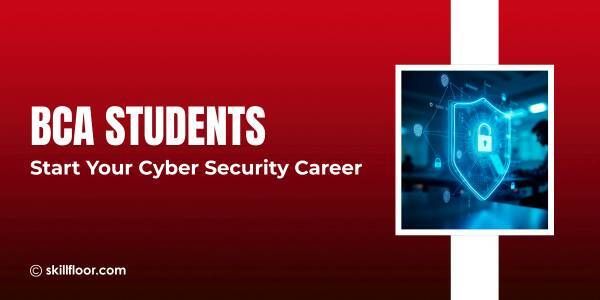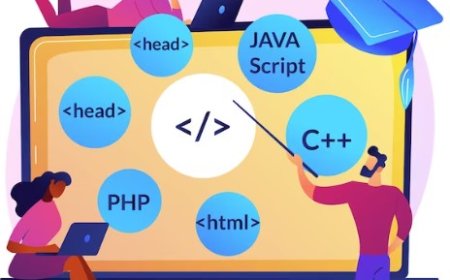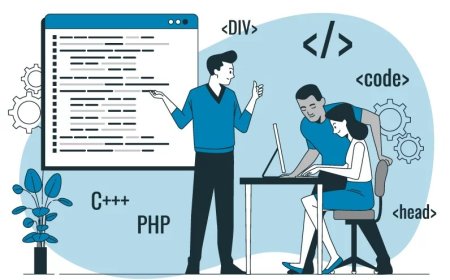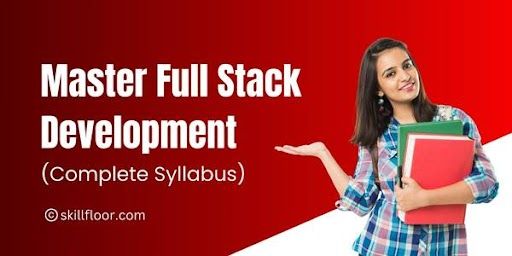Finding the Perfect Full Stack Developer Course Guide
Discover the best full stack developer course for your learning journey. Find the perfect fit and unlock a future in the thriving world of web development.
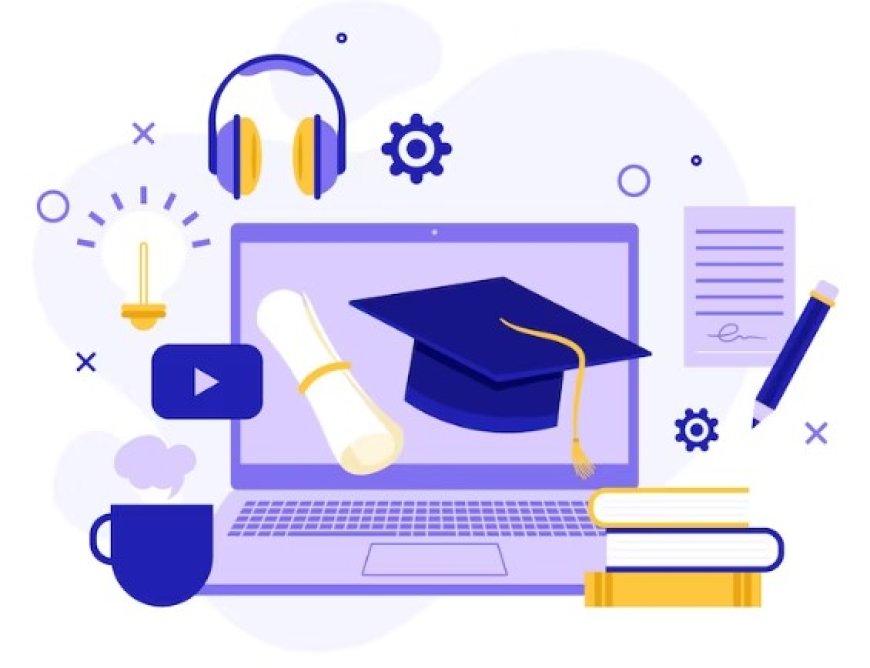
In today's fast-paced and technology-driven world, full stack development has emerged as a sought-after skill for aspiring programmers and tech enthusiasts. A full stack developer possesses the ability to work on both the front-end and back-end of web development, making them highly versatile and in-demand professionals. If you're considering a career as a full stack developer, choosing the right course is crucial to acquire the necessary skills and knowledge. However, with a plethora of options available, it can be overwhelming to determine which course is the perfect fit for your learning journey. This blog post aims to guide you through the process of selecting the right full stack developer course that aligns with your goals, learning style, and career aspirations. By understanding the key factors to consider and evaluating various aspects of the course, you can make an informed decision that sets you on the path to success in the exciting field of full stack development.
With the growing demand for full stack developers in the tech industry, it's no wonder that many aspiring programmers are considering a career in this field. To kickstart your journey as a full stack developer, choosing the right course is essential. However, with the multitude of options available, it can be overwhelming to make a decision. This blog post aims to guide you in selecting the perfect full stack developer course that aligns with your learning goals, preferences, and career aspirations.
1. Determine Your Learning Objectives
Before embarking on your search for the right full stack developer course, it's essential to define your learning objectives. Take some time to reflect on what you hope to achieve through the course and the skills you want to acquire. Consider your current level of programming knowledge and identify areas where you want to improve or gain expertise.
Are you looking to develop a solid foundation in both front-end and back-end development? Or do you have specific technologies or frameworks in mind that you want to master? Understanding your learning objectives will help you narrow down your options and find a course that aligns with your specific goals.
Additionally, consider your long-term career aspirations. Do you aim to work as a freelance full stack developer, join a tech startup, or contribute to large-scale enterprise projects? Identifying your career goals will guide you in selecting a course that provides the necessary skills and knowledge to excel in your desired field.
By determining your learning objectives, you can focus your search on courses that cater to your specific needs, ensuring that you make the most out of your learning journey as a full stack developer.
2. Research Course Content
Thoroughly research the course content of potential full stack developer programs. Look for courses that provide a balanced curriculum covering both front-end and back-end technologies. Consider the programming languages, frameworks, databases, and tools that the course covers. Ensure that the content aligns with your learning objectives and is up-to-date with industry standards and trends.
3. Delivery Format and Learning Style
Consider the delivery format and learning style that best suits your preferences and schedule. Full stack developer courses are offered in various formats, including in-person bootcamps, online self-paced programs, and hybrid options. Determine whether you prefer hands-on coding exercises, video tutorials, interactive projects, or a combination of different learning methods.
4. Instructor and Teaching Support
Evaluate the expertise and experience of the instructors delivering the course. Research their backgrounds, industry experience, and teaching credentials. Look for courses that offer ample support, such as access to instructors for guidance and clarification, peer forums for collaboration, and resources for additional learning.
5. Hands-on Projects and Real-world Applications
One of the most valuable aspects of a full stack developer course is the opportunity to work on hands-on projects and real-world applications. Look for courses that provide practical exercises and assignments that allow you to apply your knowledge to build complete web applications. Projects that simulate real-world scenarios help you develop problem-solving skills and gain practical experience.
6. Student Reviews and Testimonials
Take the time to read reviews and testimonials from past students who have completed the full stack developer course you're considering. Look for feedback on the course content, teaching quality, support, and overall learning experience. Honest reviews from others can provide insights into the course's strengths, weaknesses, and whether it aligns with your expectations.
7. Career Support and Job Placement
If your goal is to land a job as a full stack developer, consider courses that offer career support and job placement assistance. Look for programs that provide resources such as resume reviews, interview preparation, and networking opportunities to help you kickstart your career in the industry.
8. Cost and Time Commitment
Evaluate the cost and time commitment required for the full stack developer course. Compare prices, payment options, and any additional fees associated with the program. Consider your availability and determine whether the course fits within your schedule and budget.
9. Accreditation and Certification
While not always necessary, accreditation and certification from reputable organizations can add value to your full stack developer credentials. Research whether the course offers any certifications upon completion and verify the credibility and recognition of those certifications in the industry.
10. Alumni Success Stories
Look for success stories and career outcomes of alumni who have completed the full stack developer course. Check if the course has a track record of helping students secure job opportunities and achieve their career goals.
In a nutshell, Becoming a full stack developer offers a world of opportunities in the dynamic and ever-evolving field of technology. As a full stack developer, you possess the ability to work on both the front-end and back-end of web development, making you a versatile and valuable asset to any project or organization.
Throughout your journey as a full stack developer, remember to prioritize continuous learning and stay updated with the latest technologies and trends. Embrace hands-on projects and practical experience to hone your skills and build a robust portfolio. Collaboration, communication, and networking are key to thriving in this field, so cultivate strong relationships with fellow developers and industry professionals.
Ultimately, the path to becoming a successful full stack developer requires dedication, perseverance, and a passion for learning. Embrace the challenges and opportunities that come your way, and continually push yourself to grow and evolve in this exciting field. With the right mindset, skills, and determination, you have the potential to create innovative web applications and make a significant impact in the world of technology as a full stack developer.


























